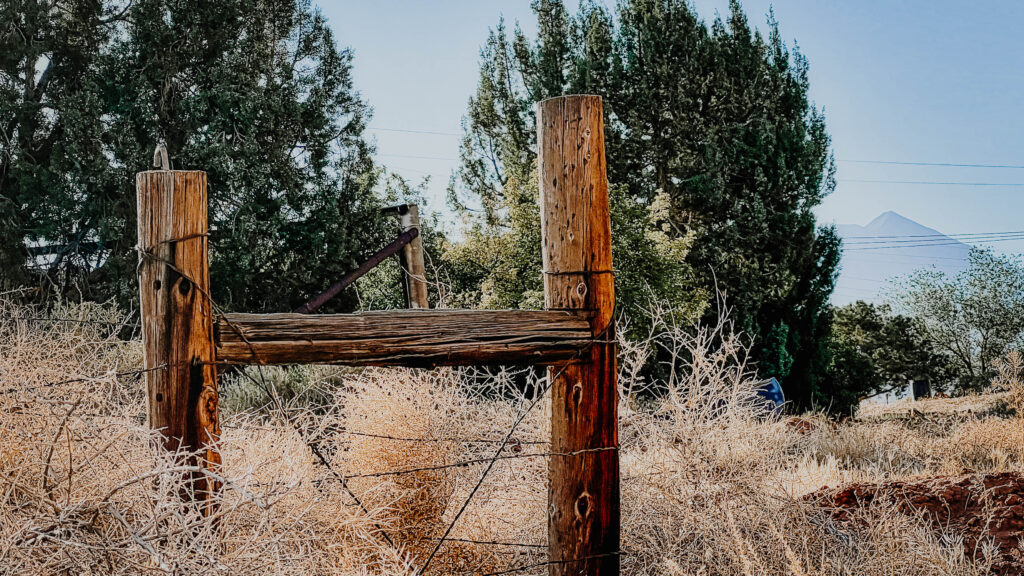
When?
It’s a one-word question, usually containing some degree of emotion—when?
The word implies anticipation, expectation, and hope. It can also communicate frustration, resignation, and despair.
“When will I get ____________ ?” Or “When will this prayer be answered?” Or “When will my circumstances change?” Or “When will the breakthrough happen?” When, when, when?
The Bible addresses the deep pain associated with our “when” questions:
Hope deferred makes the heart sick, but a dream fulfilled is a tree of life. —Proverbs 13:12 (NLT)
At times our hopes are deferred. They’re put off. They remain unfulfilled. What we desired and excitedly looked forward to is delayed. Something we long for doesn’t happen WHEN we thought it would or should happen. In these situations, we feel the sickening feeling of disappointment in our souls. We ache on the inside. We question whether the thing we hope for will ever become a reality. When, when, when?
We all have “when’s.” I’m slowly learning a lesson about these question marks in my life.
Perhaps the key to surviving and even thriving through deferred hopes is to change the question. Instead of asking “when,” it’s far more productive to ask “what?” It’s more healthy to ask, “who?”
The right question is—“What do I need to do while I am waiting?” The right question is, “Who will I trust with my future?”
These questions not only mitigate the sadness of our disappointments, but they often alleviate the pain completely. They move us away from something we can’t control to what we can control—what we’re doing in the meantime and who we trust to take care of us.
This truth is clear in Scripture:
But those who wait for the LORD [who expect, look for, and hope in Him] will gain new strength and renew their power; they will lift up their wings [and rise up close to God] like eagles [rising toward the sun]; they will run and not become weary, they will walk and not grow tired.—Isaiah 40:31 (AMP)
Are you waiting on something? Is your hope running low or completely exhausted? Change your “when” to a “what” and a “who!”
Pastor Dale














